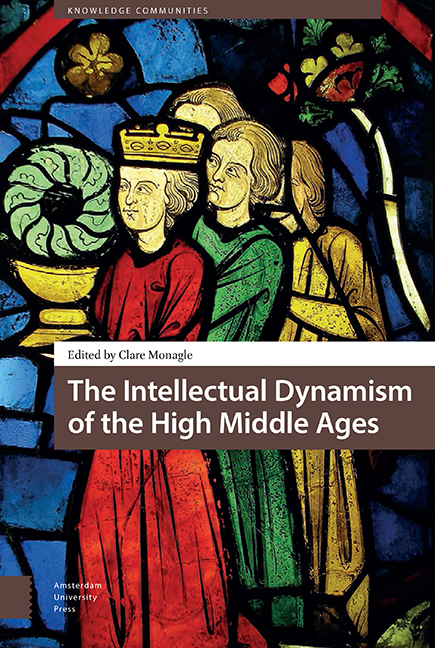Book contents
11 - Utrum sapienti competat prolem habere?: An Italian Debate
Published online by Cambridge University Press: 16 July 2022
Summary
Abstract
This chapter considers fourteenth-century Italian debates about the costs of marriage to the work of a philosopher. Following Heloise's famous injunction against the idea of marriage to Abelard, when she railed against the impact it would have upon his work, this chapter investigates how the terms of this conversation were transformed by the insights of lay intellectuals of cities like Arezzo, Bologna, and Florence, who were grappling with the implications of fatherhood as part of the economic unit of the household, and its role in the political life of the city.
Keywords: Prehumanism, Fatherhood, Heloise, Family
One of the major accomplishments of Constant Mews is his effort to establish Heloise as a thinker and a writer in her own right. Long before he joined her name to that of her husband in the title of a volume dedicated to ‘great medieval thinkers’, he had already pinpointed her intellectual impact on Abelard in an important article devoted to their readings of Jerome. Of the pair, she clearly was the one who had a greater familiarity with the Church Father. Asserting this fact was instrumental in Mews's identification soon afterwards of Heloise as the woman in the Epistolae duorum amantium, whose intimate knowledge of Jerome is remarkable. Jerome is also a central reference in what has to be considered as Heloise's intellectual masterpiece. Her famous ‘Dissuasion from marriage’ (‘dehortatio matrimonii’), inserted within Abelard's Historia calamitatum, relies heavily on arguments to that effect borrowed from Jerome's Contra Jovinianum. It is unfortunate that the study of misogynistic prejudices is itself sometimes encumbered by misogynistic preconceptions. Scholars often doubted that Heloise could have really built on her own a complex argumentation, putting to use a large number of classical examples. Since Abelard also used many of them in his Theologia christiana (written in or soon after 1122), it seemed logical to infer that he first gathered them at that time, before putting them to use again in the Historia calamitatum (around 1131). Yet, a closer textual analysis reveals that, in that chapter of the Historia, Abelard is indeed reporting extracts of the authentic letter Heloise had sent him around 1117, while refusing the wedding plans he had made with her uncle Fulbert.
- Type
- Chapter
- Information
- The Intellectual Dynamism of the High Middle Ages , pp. 227 - 248Publisher: Amsterdam University PressPrint publication year: 2021



